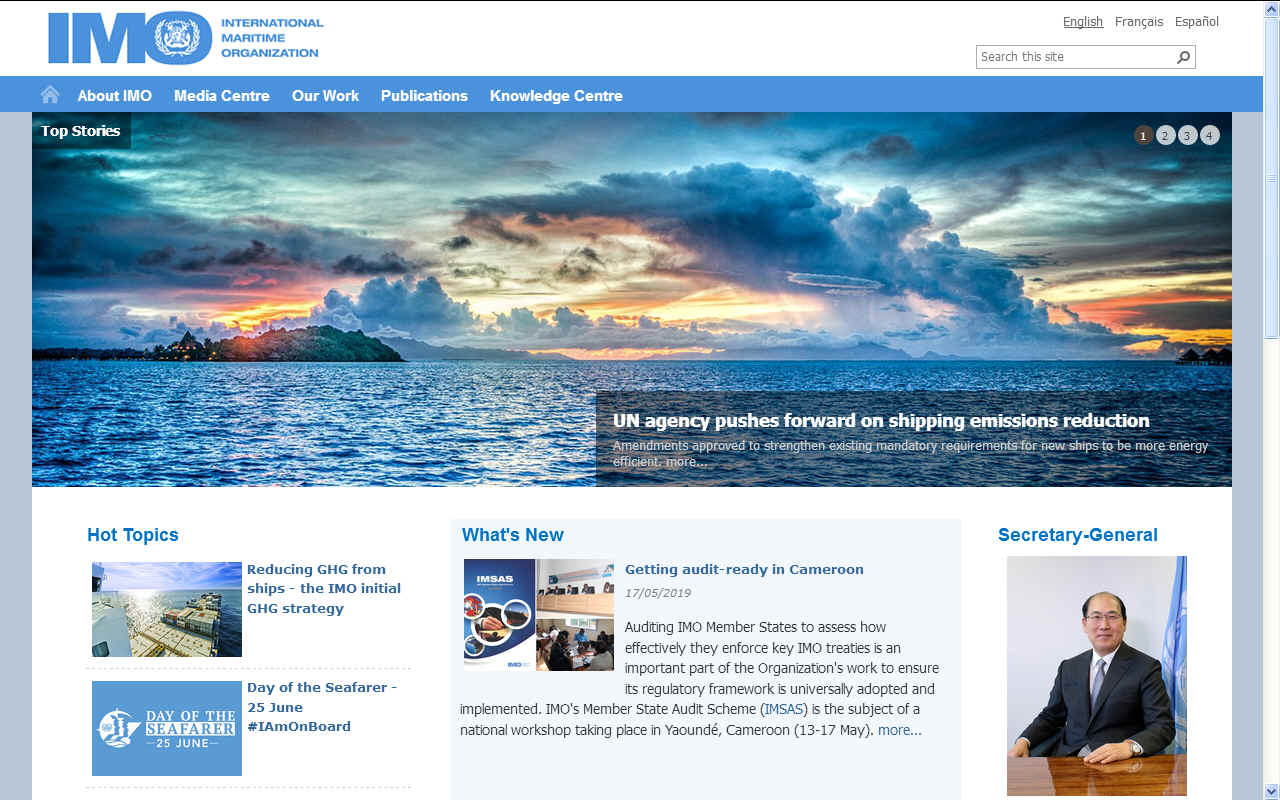
The
IMO's General Secretary is Kitack Lim. Under his leadership this UN
agency is pushing forward on shipping emissions reductions, via MARPOL
amendments discussed in May of 2019.
The IMO has set targets for
zero emissions shipping by 2100, with interim stages. They have not acknowledged the role of
autonomous ships in their
COLREGs, collision prevention regulations.
In 2018 historic targets were agreed within International Maritime Organization (IMO) to cut the total net global GHG emissions from international shipping by at least 50% by 2050, to reduce carbon intensity by at least 40% by 2030 compared to a 2008 benchmark and to completely decarbonise shipping by the end of the century.
The consensus among many industry experts is that LNG is a method by which ship owners can cut their emissions by 20% while also cutting or reducing other emissions, including
NOx,
SOx and particulates to near zero levels.
This is a tough call, but is achievable with a move to renewable energy combined with a gradual phasing out of
fossil fuels, though at first with shipping adding solar panels and small wind turbines,
or sails, to supplement dirty power sources. Such moves will require flexible thinking on the part of operators, inevitably with strict enforcement, should the existing fleet be patched instead of replaced.
We still remember the VW
chipping cheat, to beat emissions regulations for their cars.
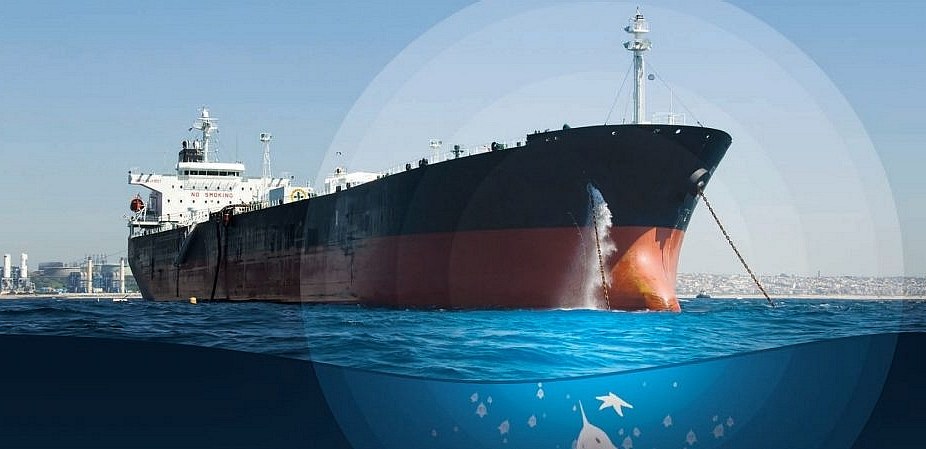
Other solutions involve hydrogen and fuel
cells, ammonia, and investigations into other cleaner burning
super-fuels. In the end it boils down to cost and sustainability, with
competition for hydrogen
from land vehicles, likely to erupt for convenient load levelling and
energy storage, most especially for trucking & heavy haulage. Where
land vehicles cannot hoist sails or sprout solar arrays for propulsion,
but ships can.
Presently shipping accounts for around 2.5% of global GHG emissions and although ships are becoming more efficient, due to increasing global trade this contribution is increasing. These emissions are more than any EU state and if the sector was a country, it would rank as the sixth highest in the world. In 2015, shipping accounted for 13% of overall EU
greenhouse gas emissions from the transport sector.
In the UK, the Maritime
and Coastguard Agency helps with the development of international standards and policy for shipping through the
International Maritime
Organization.
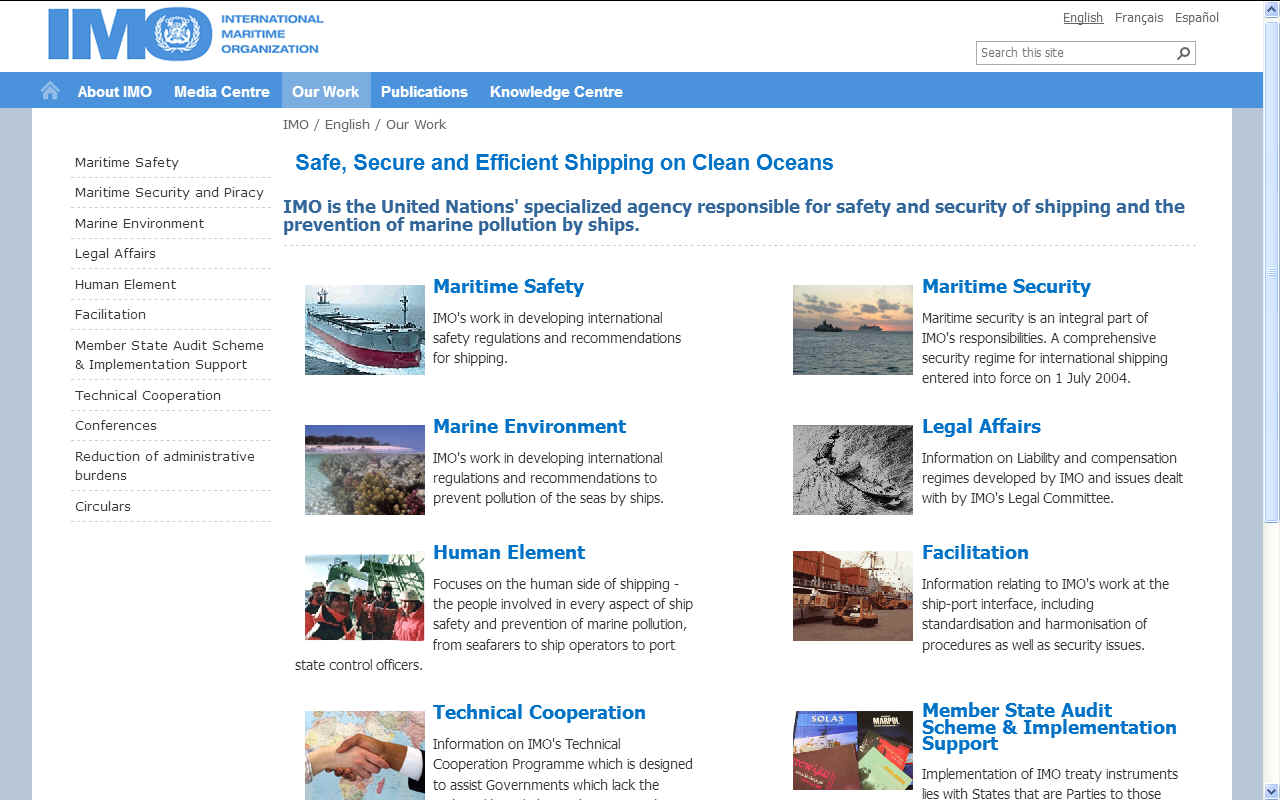
POLLUTION & SUSTAINABILITY
Resolution A.1037(27) Adopted on 22 November 2011 (Agenda item 7)
STRATEGIC PLAN FOR THE ORGANIZATION (FOR THE SIX-YEAR PERIOD 2012 to 2017)
Heightened environmental consciousness
2.6 The enhancement of a sustainable environmental policy for the shipping industry remains a high-profile matter. The heightened concern at the impact of global shipping activities on the environment has given further impetus to efforts by the Organization to increase awareness, promote corporate social responsibility by the shipping industry and develop sustainable and environmentally conscious means of minimizing the negative impacts from shipping, such as those aimed at reducing atmospheric pollution; addressing
climate change through enhanced energy efficiency for ships and other measures; ensuring the preservation of ecosystems and biodiversity; and preventing the introduction of polluting substances from ships into the marine environment. Concern for the environment has also extended to concerns over the safest and most effective measures for the recycling of ships, which IMO is also addressing.
The challenge for IMO, in line with the global emphasis on sustainable
development goals (SDGs)
13 and 14 is to:
1. be proactive in identifying shipping activities and incidents that could have an adverse impact on the environment and, therefore, in developing corresponding preventive measures;
2. contribute to international efforts to reduce atmospheric pollution and address
climate
change;
3. develop effective preparedness and response strategies for shipping incidents in order to mitigate their impact on the environment; and
4. make new ships more environmentally friendly by implementing the "cradle to grave" concept for new ships, whilst further facilitating practicable solutions for the recycling of existing ships.
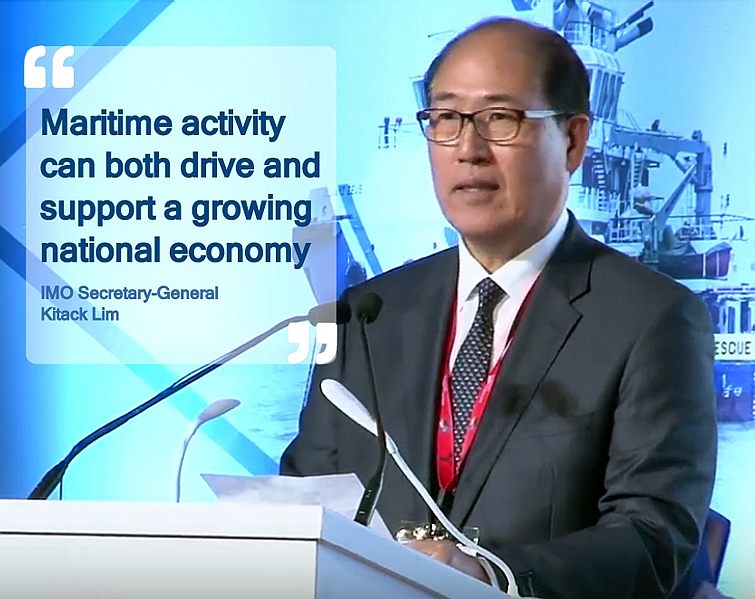
IMO HISTORY
The International Maritime Organization (IMO), known as the Inter-Governmental Maritime Consultative Organization (IMCO) until 1982, is a specialised agency of the
United Nations responsible for regulating shipping. The IMO was established following agreement at a UN conference held in Geneva in 1948 and the IMO came into existence ten years later, meeting for the first time in 1959. Headquartered in London, United Kingdom, the IMO currently has 174 Member States and three Associate
Members, hence the G20.
The IMO's primary purpose is to develop and maintain a comprehensive regulatory framework for shipping and its remit today includes safety, environmental concerns, legal matters, technical co-operation, maritime security and the efficiency of shipping.
The latter is our main concern, as it affects global warming.
IMO is governed by an assembly of members and is financially administered by a council of members elected from the assembly. The work of IMO is conducted through five committees and these are supported by technical subcommittees. Other UN organisations may observe the proceedings of the IMO. Observer status is granted to qualified non-governmental organisations.
Thus the IMO effectively control who sees what, whereas, according to SDG
16 and 17,
politics and policy making partnerships at this level should be completely
transparent to make a strong institution. We would urge them to work on
this aspect of operations to avoid criticism, where they are doing a
fine job in difficult circumstances.
The IMO is supported by a permanent secretariat of employees who are representative of the organisation's members. The secretariat is composed of a Secretary-General who is periodically elected by the assembly, and various divisions such as those for marine safety, environmental protection and a conference section.
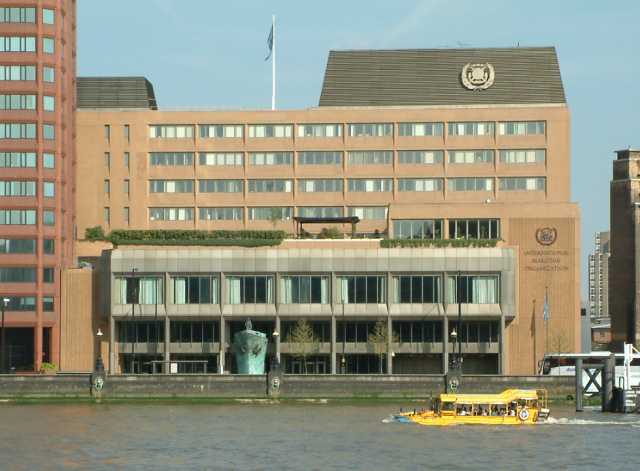
CONTACT IMO
International Maritime Organization
4, Albert Embankment
London
SE1 7SR
United Kingdom
Tel +44 (0)20 7735 7611
Fax +44 (0)20 7587 3210
Email: info@imo.org
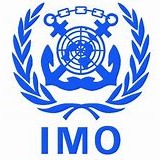
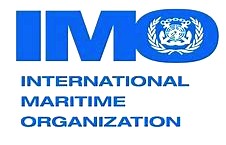
LINKS
& REFERENCE
https:
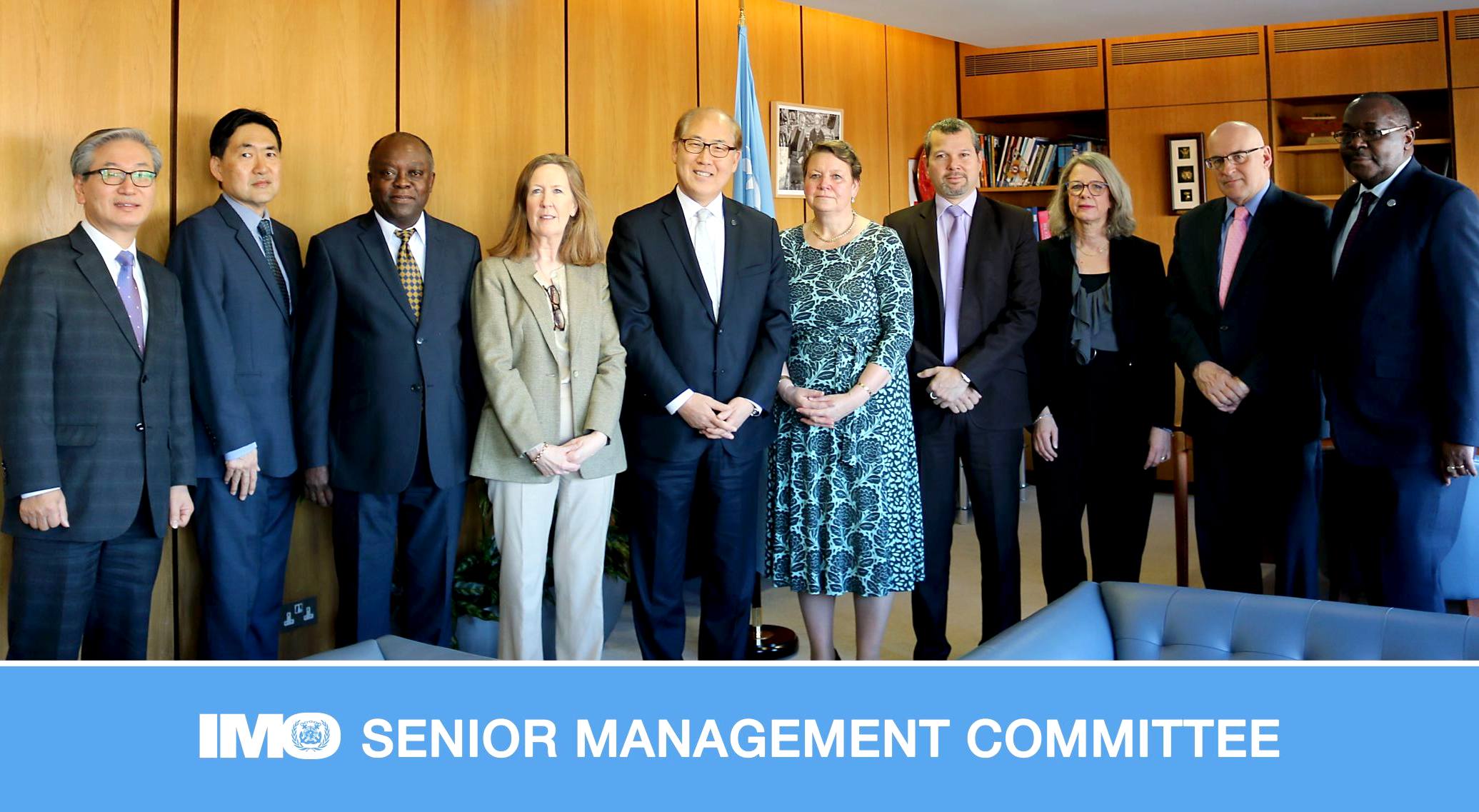
Please use our
A-Z INDEX to
navigate this site







